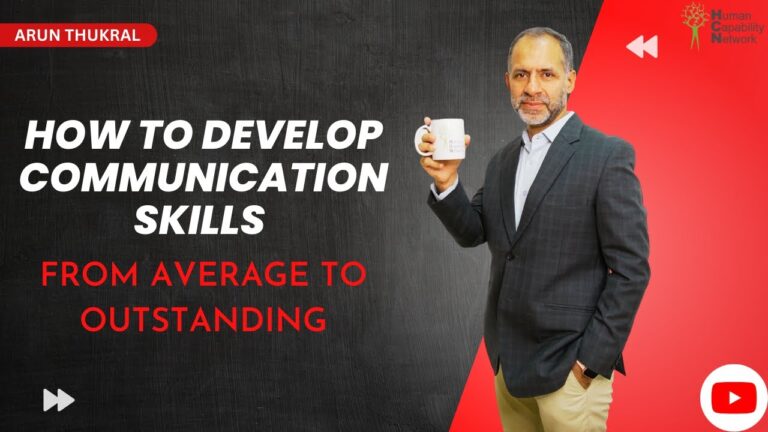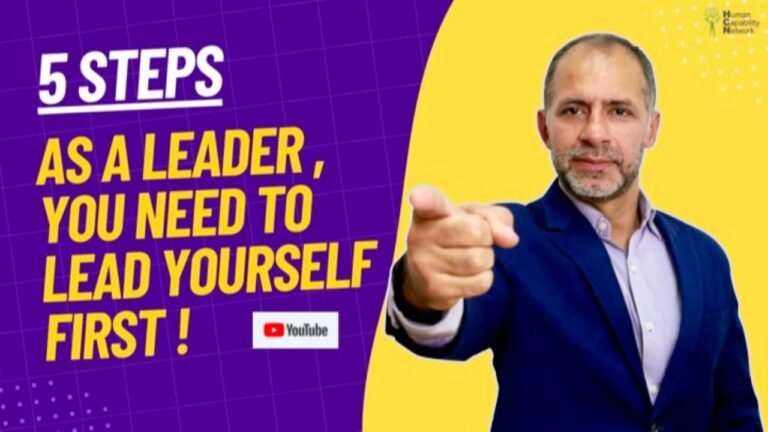In today’s fast-paced and interconnected world, effective communication skills are more important than ever. Whether in the workplace, social settings, or personal relationships, the ability to communicate effectively can make all the difference in achieving success and building strong connections. In this blog post, we’ll explore the art of mastering communication skills, with a focus on managing difficult people.
Understanding the Importance of Communication Skills
- Effective communication is the cornerstone of success in both personal and professional life.
- It involves not only speaking clearly and articulately but also active listening, empathy, and understanding non-verbal cues.
- Good communication skills can improve relationships, resolve conflicts, and enhance overall productivity and teamwork.
Identifying Difficult People
- Difficult people come in various forms, including those who are aggressive, passive-aggressive, overly critical, or non-responsive.
- They can create tension, disrupt teamwork, and hinder progress if not managed effectively.
- Recognizing the behaviors and traits of difficult people is the first step in effectively addressing and managing their interactions.
Strategies for Managing Difficult People
- Stay Calm and Emotionally Detached:
- Maintain a calm and composed demeanor, even in the face of confrontation or hostility.
- Avoid reacting emotionally or taking things personally, as this can escalate the situation.
- Active Listening:
- Practice active listening by giving the person your full attention and acknowledging their perspective.
- Reflect back what you’ve heard to ensure understanding and demonstrate empathy.
- Set Boundaries and Assert Yourself:
- Clearly communicate your boundaries and expectations regarding acceptable behavior.
- Assert yourself respectfully but firmly when necessary, asserting your rights and standing up for yourself.
- Seek Common Ground:
- Look for areas of agreement or shared interests that can serve as a basis for constructive dialogue.
- Focus on finding solutions rather than dwelling on differences or past grievances.
- Use Positive Language and Non-Verbal Cues:
- Choose your words carefully, using positive language and avoiding accusatory or inflammatory remarks.
- Pay attention to your body language and tone of voice, as these can convey messages and emotions as effectively as words.
Conclusion
Mastering communication skills is an ongoing journey that requires practice, patience, and self-awareness. By learning to effectively manage difficult people, you can navigate challenging situations with confidence, build stronger relationships, and achieve greater success in all areas of life.
Remember, effective communication is not just about conveying information—it’s about connecting with others, understanding their perspectives, and fostering mutual respect and collaboration. With the right approach and mindset, you can become a master communicator and navigate even the most challenging interactions with ease.
For more tips and insights on mastering communication skills and managing difficult people, be sure to watch the accompanying YouTube video and subscribe to our channel for future updates and content.



